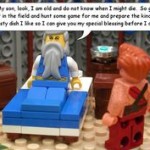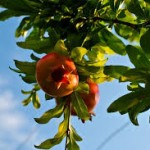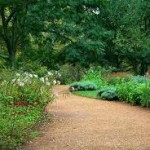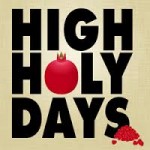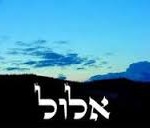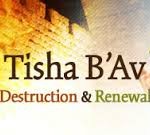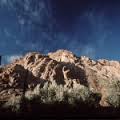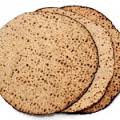Elul and Psalm 27 as Recommended Reading
This year, Rosh Hodesh Elul arrives just after Shabbat ends, on August 15.
The rabbis say that Moses ascended Sinai for the last time on the night of Rosh Hodesh Elul. He went to recover the covenant, to make it anew. The first tablets had been destroyed after the terrible debacle of the Golden Calf. Hope seemed broken beyond repair.
And yet, Moses ascended. This time, God told Moses to carve the tablets. This time, the covenant would be carved and inscribed by both human and divine energies.
Elul was – and is – a month for reflection: Moses remained above with God, learning that the covenant would have to be a joint project. The Israelites stayed below, reflecting on the burdens they had schlepped into their new lives. How could they let go of things they no longer needed to carry?
The name of the month of Elul has exactly the same numeric value as the word binah, wisdom. It is a good time to reflect on the stuff of the past year, on the pain and trouble we have carried, the misguided decisions and the hasty actions we could wish away. It is a time to reflect on hopes and dreams yet unrealized, on the longing to draw near to God.
Elul: The name of this month is an acronym, so our sages say, for a well-known phrase from Song of Songs: Ani l’dodi v’dodi li: I am my beloved’s, and my beloved is mine. During Elul, we hear the call of our Beloved in the shofar that is sounded each day of the month in traditional communities. That primal sound awakens us, reminds us.
For what? To discover our own wisdom. To reflect on who we are now and who we long to become.
Our covenant is being rewritten and reinscribed every year. During the month of Elul, we partner with God in the renewal. As this year ends, we define what we long for in the next.
Elul: Wisdom and love. May we go up just as Moses did, and may we, like Moses, receive.
With many blessings,
Rabbi Barbara
Psalm 27
For some Jews, reading Psalm 27 is part of their daily practice during this month. For those of you interested in a beautiful translation, here is one from the founder of Jewish Renewal, Rabbi Zalman Schachter-Shalomi, z”l.
Psalm 27, as translated by Rabbi Zalman Schachter-Shalomi
Yah! You are my light.
You are my savior.
Whom need I dread?
Yah, with you as my strong protector who can make me panic?
When hateful bullies gang up on me, wanting to harass me, to oppress and terrorize me
They are the ones who stumble and fall.
Even if a gang surrounds me my heart is not weakened.
If a battle is joined around me my trust in You is firm.
Only one thing do I ask of You, Yah:
Just this alone do I seek, I want to be at home with you, Yah,
All the days of my life.
I want to delight in seeing You.
Seeing You when I come to visit You in Your temple.
You hide me in your sukkah on a foul day.
You conceal me unseen in Your tent.
You also raise me beyond anyone’s reach
And now, as You have held my head high despite the presence of my powerful foes
I prepare to celebrate and thrill, singing and making music to You, Yah!
Listen, Yah, to the sound of my cry
And, being kind, answer me!
My heart has said, I turn to seek you.
Your presence is what I beg for
Don’t hide Your face from me.
Don’t just put me down, You who have been my helper.
Don’t abandon me, don’t forsake me, God my support.
Though my father and my mother have left me
You, Yah, will hold me securely.
Please teach me Your way.
Teach me Your way and guide me on the straight path.
Discourage those who defame me
Because false witnesses stood up against me belching out violence.
Don’t let me become the victim of my foes.
I wouldn’t have survived
If I hadn’t hoped that I would see, yet,
Your goodness, God, fully alive on earth.
So I tell you, my friends: you too hope to Yah! Be sturdy!
And make strong your heart. And most of all, keep hoping to Yah.

